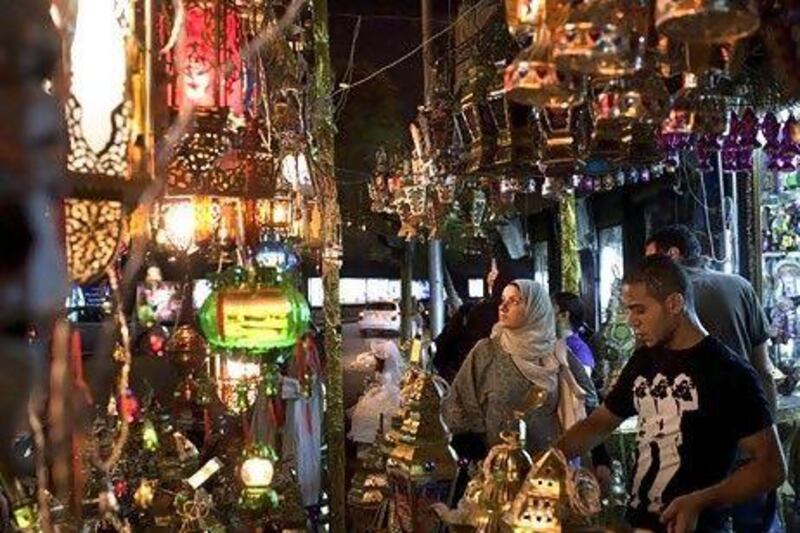CAIRO// Egypt's plans to push ahead with the construction of the country's first nuclear power station are likely to be cast aside in favour of short-term fixes to resolve its escalating energy crisis.
The country's ministry of electricity last month said it would submit a proposal for the first of several nuclear power plants to Egypt's newly appointed head of state, Mohammed Morsi, reviving plans drawn under the former president Hosni Mubarak.
The first plant will have a capacity of about 1,200 megawatts and will be located at El Dabaa, on Egypt's north-west coast, said Aktham Aboul Ela, the spokesman for the ministry of electricity. Although the plans have already been approved by the nuclear regulatory body of Egypt and are expected to be signed off by Mr Morsi following his campaign pledges in support of nuclear power, there are doubts about how quickly the project will advance.
"For the time being it is not our priority; it is on our list and probably we will think of it later," said Khaled El Metwally, a member of the energy committee at the Freedom and Justice party, the Muslim Brotherhood's political arm, whose former chairman was Mr Morsi until he resigned to become president.
The party is still seen as the most powerful political group in Egypt with the president still closely aligned to the group. "Nuclear is on the list and we are going to tackle it but it's not on the top of the agenda when other matters are more critical," he said.
Instead, Mr El Metwally said the emphasis was on individual energy conservation and renewable energy including wind and solar. This summer Egypt has suffered its worst blackouts in years as daily power outages crippled the stock exchange and left thousands stranded on public transport. Shortages of water and fuel have also revived public anger towards the government.
Under Mr Mubarak, toppled last year, Egypt drew up plans to build four nuclear reactors by 2025 with a capacity of 4,000MW.
Egypt, which has an installed capacity of about 23,500MW, needs a further 3,000MW to meet the country's growing demand. But industry players say the government will have to look to immediate solutions to handle Egypt's energy shortages.
"This project has a long history that [it] is alive for some periods then goes to rest for other periods of time," said Ali El Saeedi, a former minister of electricity under the previous regime, who now works at the Egyptian arm of the International Atomic Energy Agency.
"Nuclear power is a very long-term option of a 50 to 100-year commitment. So, right now, it's about short-term thinking."
[Electricity] shortages are today, tomorrow and few months from now and nuclear power will not solve that," he said.
The government has urged the public to conserve its energy use and has said it would revive plans to re-start smaller electricity power plants.
The worry, however, is these short-term solutions lead the government to backtrack entirely from more sustainable answers to Egypt's energy crisis.
The country's subsidy system, a mainstay of the government's long-term policy of promoting social equity and political stability, has left the oil ministry millions of dollars in debt, caused fuel shortages that regularly cripple services in the country and strained the budget deficit further in the post-revolution period.
twitter: Follow and share our breaking business news. Follow us
iPad users can read the digital edition of business section as it was printed via our e-reader app. Click here





